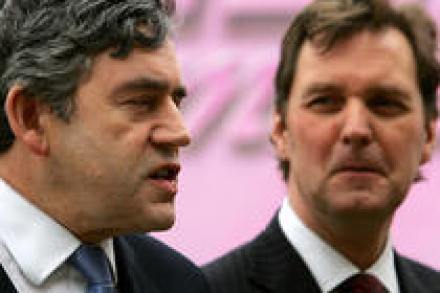Brown misses an opportuntiy
A quick check on the health of a party is whether there is more talent on the back benches than the front bench. Labour are close to that tipping point with Charles Clarke, Jon Cruddas, Alan Milburn, Stephen Byers, Denis MacShane, David Blunkett and Frank Field all out of the front line. Any of these would have added heft to the cabinet and all are more impressive figures than Caroline Flint and Yvette Cooper. If Brown had appointed Milburn to the Department of Work and Pensions he would have shown that he has moved on from the Blairite Brownite fights of the past and would have put someone in place



















